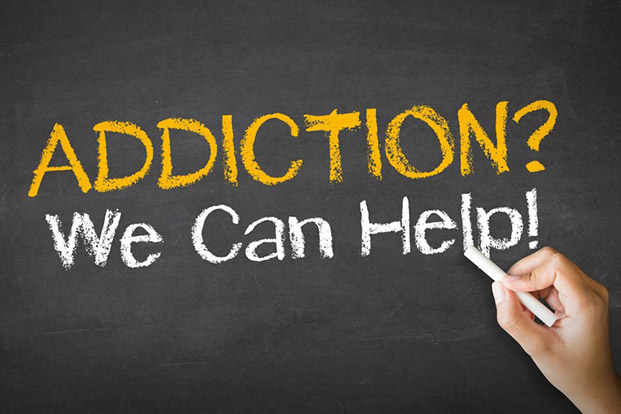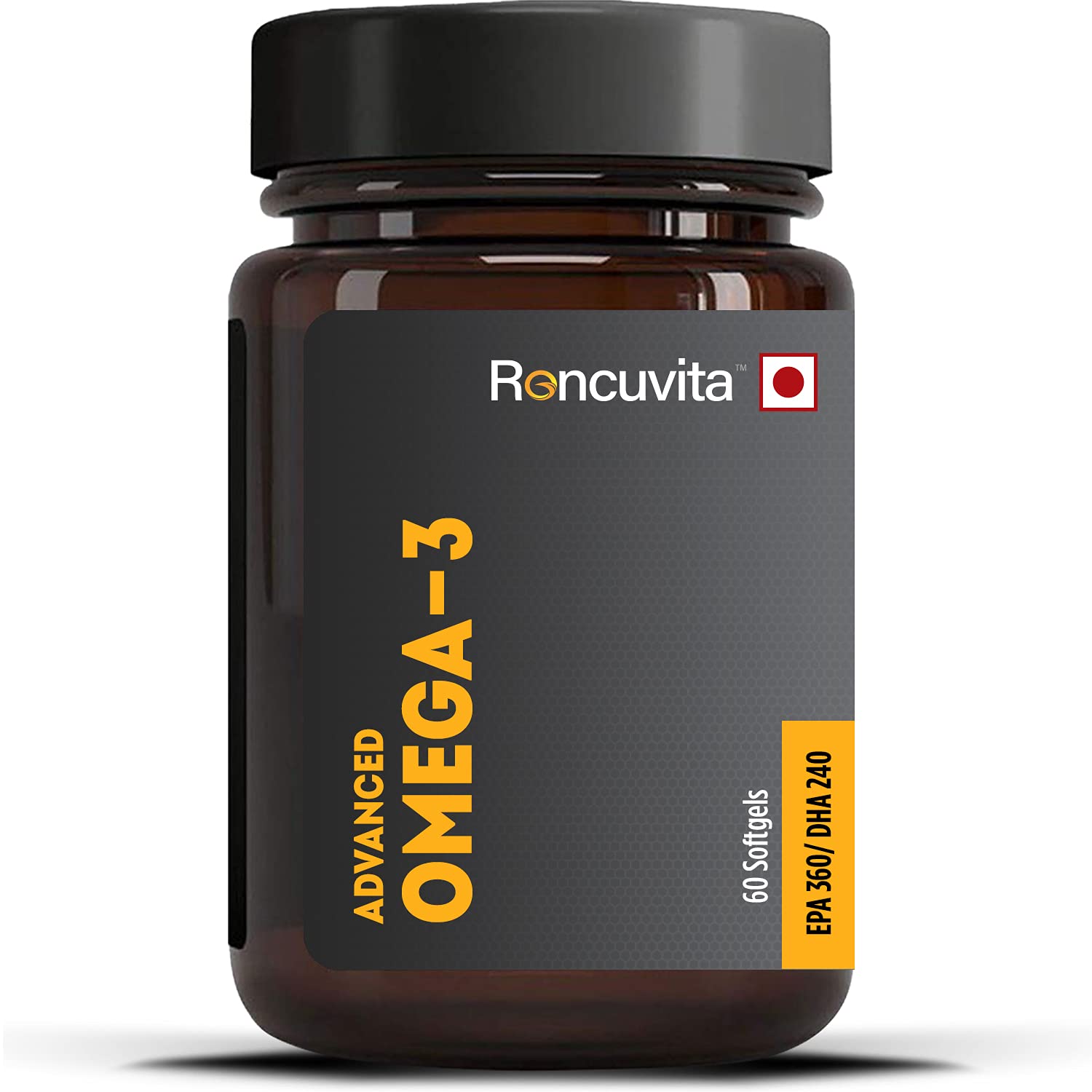how do drug addicts help?

The central focal point around enjoyment in the brain is the reward system, consisting of various structures that are connected to one another via nerve tracts in principle like a circuit. Its scientific name is "mesocorticolimbic dopaminergic system" because the neurotransmitter dopamine plays the main role. The dopamine is released by neurons of the ventral tegmentum (VTA) in the midbrain. This is where all the reward begins, but the long nerve fibers of the dopaminergic neurons extend into the nucleus accumbens one of the deep nuclei (basal ganglia) of the cerebrum and the fulcrum of the reward system. There, the neurons of the VTA mainly release their dopamine when a reward was better than expected regardless of whether it is food, sex, or in the meantime drugs. we should contact an addiction treatment center.
Evaluation of the reward:
If the corresponding impulses the chocolate cake, the delicious menu from the cerebrum and limbic system reach the ventral tegmentum (incoming stimuli), the rate of fire of the dopaminergic neurons is used to evaluate what is happening: "Better than expected" ensures a high rate of fire and thus high levels of dopamine in the nucleus accumbens. If the reward is rather average, because it is exactly as expected, the ingestion of food is still experienced as rewarding because it releases other messenger substances in the nucleus accumbens, for example, serotonin and endorphins, which convey "calm enjoyment".
If the food, social or sexual interaction is worse than expected, the discharge rate of the dopaminergic neurons decreases. Correspondingly, less dopamine is then released in the nucleus accumbens. This is a good thing because the brain "unlearns" to continue to focus on disappointing food or interaction.
From enjoyment to addiction:
But that is exactly what fails with drugs with addiction potential: They work directly on the dopaminergic nerve cells and always release dopamine, even if their effect was neither surprising nor "better than expected". Worse still, even the stimuli that usually precede drug use the clink of glasses or the smell of your favorite drink can cause dopamine to be released. And so trigger the desire for the addictive substance. We'll come back to that later. In addition, many drugs such as opiates, but also alcohol, also have an additional effect on opiate receptors and thus lead to even greater consumption of the addictive substance.
The downside of anticipation and enjoyment are addictions: the strong desire and the increasingly reduced control over drug use contrary to all different resolutions. These are exactly the criteria for addiction in the official rating systems for mental disorders ICD-10 and DSM 5.
The longer the drug consumption continues, the more it becomes a habit which is also reflected in neurobiological terms: if the ventral striatum, which also includes the nucleus accumbens, became active when the drug was consumed, addictive stimuli tend to activate dorsal areas of the basal ganglia those with almost automatically running patterns of action are connected.
Far-reaching consequences:
Different substances have different effects on the brain: like many other drugs, alcohol changes the effect of the neurotransmitters GABA (gamma-aminobutyric acid) and glutamate in the cortex and cerebellum. The latter is responsible, among other things, for movement hence the staggering and slurred speech. Chemical substances such as Ecstasy lead to a strong release of the neuromodulator serotonin: feelings are perceived more intensely as a result. Cocaine and amphetamines act so intensely on the neurons of the nucleus accumbens that dopamine is not quickly resumed, as is usually the case, but remains in the synaptic gap for much longer. This means that the stimulating effect that promotes happiness is prolonged. All these substances really hijack the brain and address the reward system to an above-average level: Alcohol increases dopamine release by 50 to 100 percent, cocaine even by 1,000 percent. No wonder people develop such cravings and quickly lose control of their consumption.
In addition to the messenger substances and brain areas mentioned, drugs influence neurotransmitters such as serotonin, norepinephrine, glutamate, and GABA, as well as a variety of neuromodulators that can have a stimulating, euphoric, or calming effect. They also have an effect on brain regions such as the amygdala and the hippocampus. This brings us to two cornerstones of our personality: Among other things, the amygdala is responsible for the emotional coloring of memory, the hippocampus for our memory.
The crash:
The high is usually followed by the low, which for many people feels like falling into a hole. The neurotransmitter stores have been completely emptied and the supposed solution is even more substance! However, with each supply, the receptors, i.e. the docking points of the neurons for messenger substances, change. Alcohol is known to directly influence receptors of the inhibitory messenger substance GABA in the future, they will need stronger impulses in order to be activated. Conversely, alcohol blocks the glutamate receptors, whose sensitivity increases accordingly. With this counter-regulation, the body has got used to a basic throughput of alcohol. If this suddenly disappears in the case of severely alcoholic people, the overnight abstinence is sufficient - the relationship between GABAergic inhibition and glutamatergic excitation is out of balance, and withdrawal symptoms occur immediately. This then causes many of those affected to pick up a glass again in the morning.
Dr. Anne Beck, head of the "Emotional Neuroscience" working group at the Berlin Charité, sees the difference between enjoyment and addiction at the point where "people who are really dependent feel an insatiable desire that can no longer be described as positive. There are drug addicts who cry at the same time while consuming their preferred drug. What began as a reward is then perceived as a massive burden, "they want to have has become a must-have." And a conscious goal becomes an automated habit.
Addiction is a learning process:
Habit is a keyword here. Dr.s explains it like this: "Addiction is often explained through various learning processes that have a neurobiological correlate. Much of this is done through conditioning processes: when you use drugs, for example, excessive dopamine is released and so all other stimuli around it are of particular importance. If this happens more often, addicts are conditioned to these stimuli and it can happen, for example, that consumption is automatic as soon as one comes to a party: The atmosphere, the noises, everything that is associated with consumption can trigger a desire on its own. These learning processes are probably the same for all drugs. "
Patients would also describe this as an "addiction memory" that is activated by drug stimuli - and makes it extremely difficult for people to get rid of the drug: The addiction is like a pair of glasses of perception. According to Dr. Beck observes some patients that there is no crime scene without a glass of alcohol being drunk. Anyone who is not an alcoholic would not even notice. This also explains why people relapse again even after a long period of abstinence.

Clinical Nutrition Market Size, Share, Growth, Regional Study and Forecasts 2026
- Global clinical nutrition market was valued at US$ 43.5 billion in 2019 and is anticipated to reach US$ 59.84 billion by 2026

12 Foods That Are Very High in Omega-3
- Omega-3 unsaturated fats have different advantages for your body and mind. Numerous standard wellbeing associations

Covid: Masks to remain compulsory on London transport
- ace coverings must be worn on Londons transport network despite restrictions easing on 19 July, Londons mayor says. Sadiq Khan said he was

Neuromodulation Devices Market Size, Demand Status, Industry Share, Opportunities Forecast to 2027
- Neuromodulation Devices Market is expected to exceed the market valuation of more than US$ 11.7 billion by 2027 expanding at a reasonable CAGR of around 8.4&



